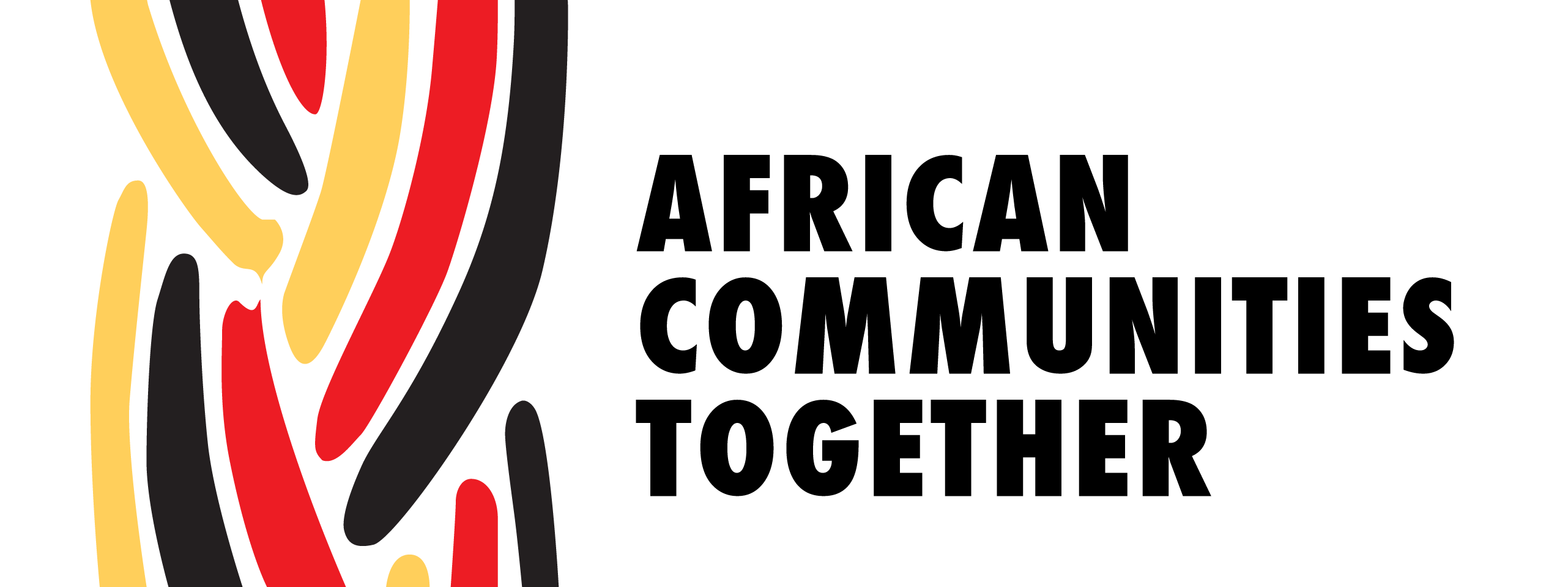Bringing fair and just licensing practices to the natural hair industry in New York State.
Hair braiding is a profession largely by and for Black women. It represents an integral part of many African cultures. Braiding is a social art, often practiced in small gatherings where elders braid hair and children learn by watching. African women learn the skill at a very young age by practicing on each other in order to beautify their hair and protect it from damage. Hair braiding is a part of cultural heritage for African women and a legacy.
For many African immigrant women hair braiding is also the most accessible employment and the most marketable skill they can use to earn a living to support their families here and back home. Even African women with barriers to traditional employment or business ownership, such as limited English proficiency and literacy, irregular immigration status, and minimal capital, have been able to achieve self-employment and earn a dignified living.
However, working as a hair braider in the United States is not as simple as one would think. African immigrant hair braiders are a marginalized workforce facing numerous challenges. Braiders must navigate the racism and xenophobia of the United States as well as regulatory and structural barriers to practicing their craft.
For African Communities Together (ACT), the ability of African hair braiders to earn a dignified livelihood while having their profession and experience respected by clients and industry standards is a critical issue. As we spoke with hair braiders among our membership and beyond, they identified a pervasive challenge: the inability to access the professional license needed for their work. This license, the Natural Hair Styling license, was out of reach for many of our members due to a range of factors, including English proficiency, literacy, the time and cost of the associated training programs, and the difficulty of navigating the bureaucracy needed to obtain documentation from their home countries required for a waiver.
Licensing a Legacy Report
“Licensing a Legacy: African Hair Braiders’ Vision for Reforming Professional Licensure in New York City,” is a participatory research project conducted by African Communities Together and TakeRoot Justice. The report shows that hair braiders face significant barriers to obtaining the Natural Hair Styling license which New York requires for them to pursue their profession. The report documents the largest known survey of New York’s professional hair braiders, a sector that employs thousands of women, most of them immigrants from Africa. The report reveals for the first time what African women hair braiders think about their profession, particularly the barriers to obtaining the State-mandated professional license and details recommendations for how to eliminate the barriers.
Braiding is a legacy left to us by our grandmothers."
Focus group participant f.s.
